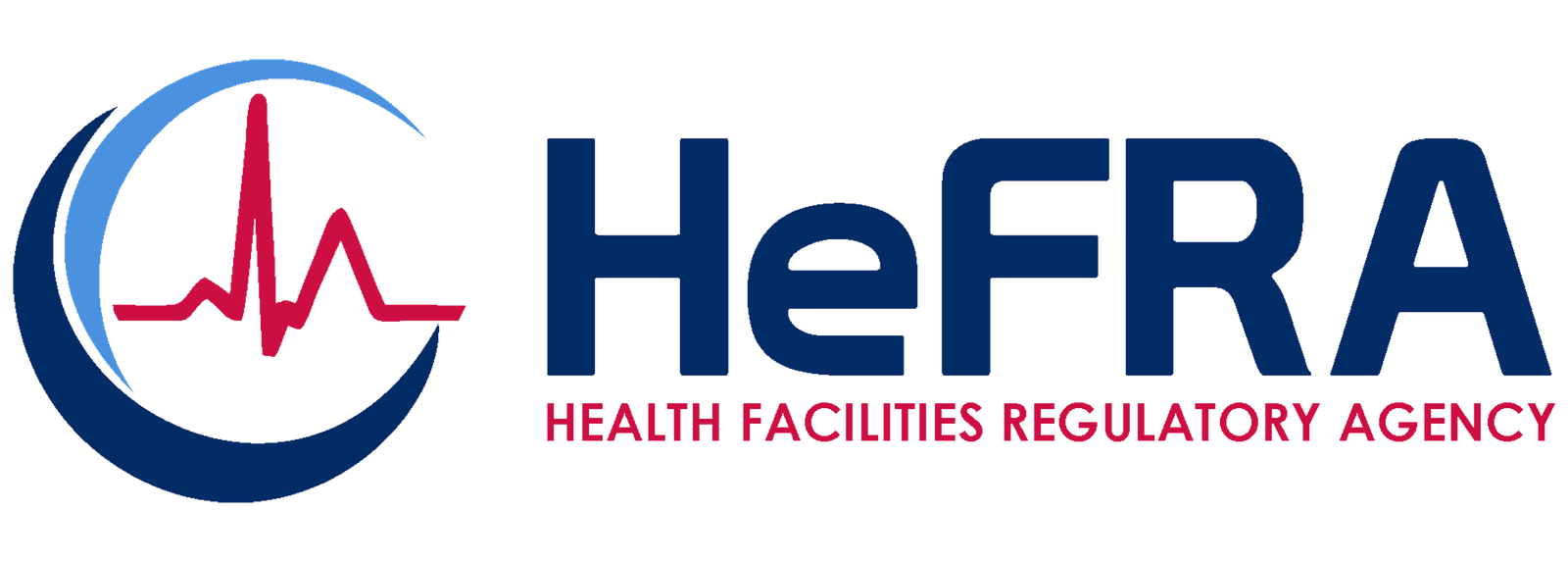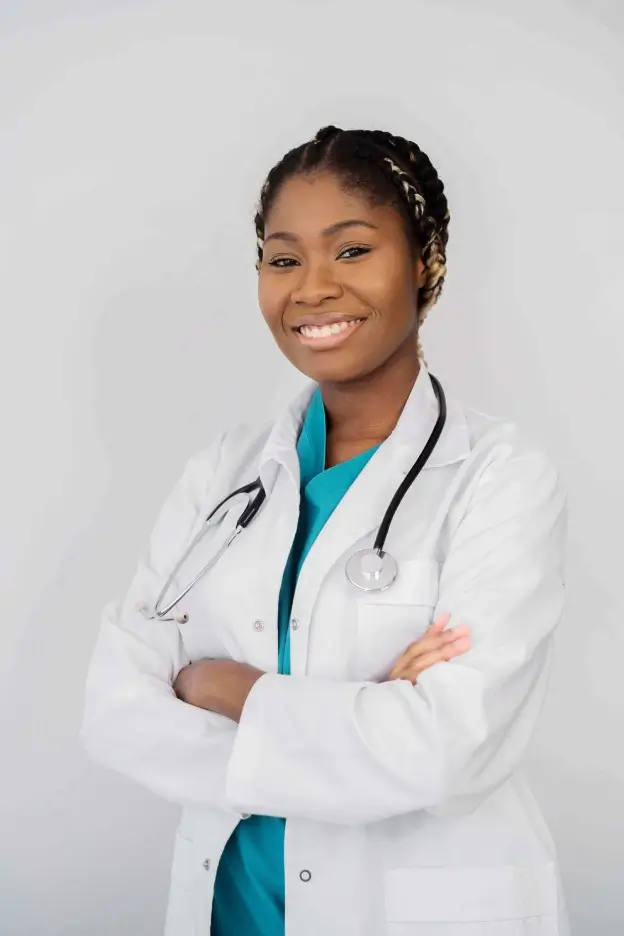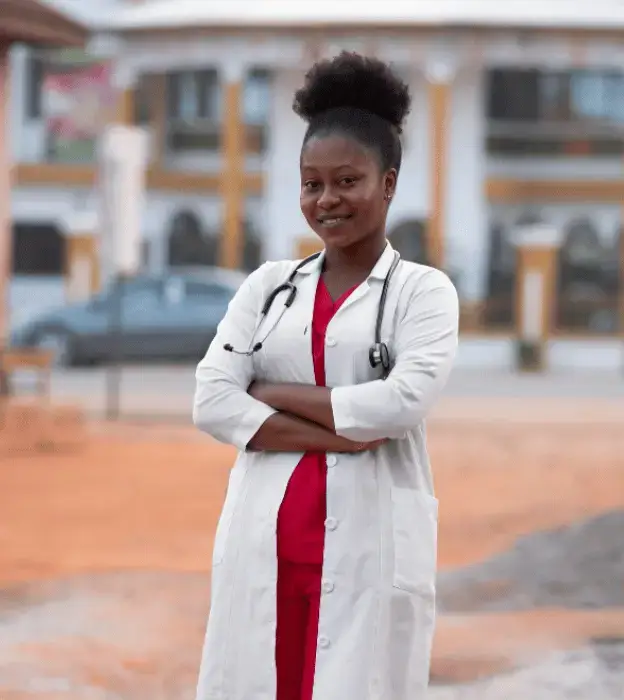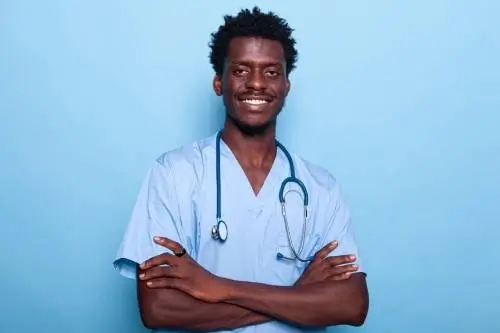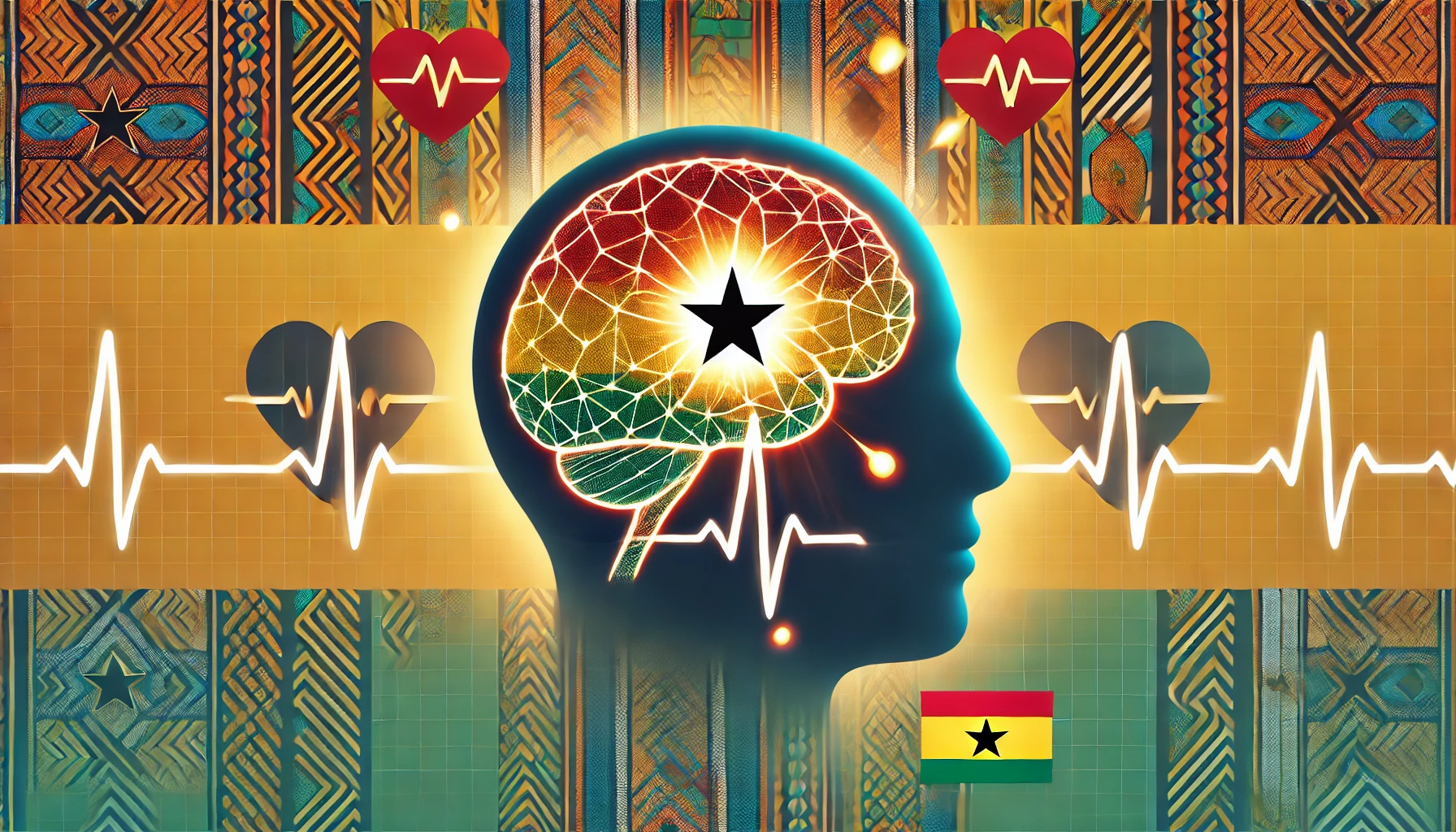
🇬🇭 Brain Attack! How to Spot, Treat & Prevent Stroke in Ghana 🚑🧠⚠️
Stroke, also called a “brain attack,” is a major cause of disability and death worldwide, including here in Ghana. Unfortunately, many myths surround stroke, and these can prevent people from getting the right treatment in time. This article will explain what stroke is, why it happens, its signs and symptoms, how it is treated, and what you can do to prevent it. We will also address common Ghanaian myths and questions such as whether stroke is hereditary, if stroke and heart attack are the same, if it can kill, and many more. Feel free to read it in parts if it’s too long.
PART 1: WHAT IS A STROKE?
Definition
- A stroke (sometimes called a cerebrovascular accident or CVA) happens when the blood supply to part of the brain is cut off (ischemic stroke) or when there is bleeding in the brain (hemorrhagic stroke). When this happens, brain cells do not get the oxygen and nutrients they need, and they start to die. This can lead to physical disability, speech problems, or even death if not treated quickly.
- Are Stroke and Heart Attack the Same? No, they are not the same. A heart attack affects the heart’s blood supply, while a stroke affects the brain’s blood supply. However, both conditions share similar risk factors (like high blood pressure and high cholesterol), which is why controlling your blood pressure, sugar levels, and cholesterol is crucial for preventing both.
- Are Stroke and Brain Aneurysm the Same? No, a brain aneurysm is a weak spot in a blood vessel in the brain that may burst. A stroke can happen because of a burst blood vessel (hemorrhagic stroke), but not all strokes are caused by an aneurysm.
- Are Stroke and Epilepsy Related? Not directly. Epilepsy is a seizure disorder. However, a person who has had a stroke can sometimes develop seizures due to scar tissue in the brain. They are separate conditions but can occasionally overlap.
- What Stroke Means for You Stroke is a serious, time-sensitive medical emergency. Early recognition and treatment can save lives and help people recover more fully.
Images are only illustrative; may not pass an academic critique
PART 2: CAUSES & RISK FACTORS
How Stroke Occurs (The Basics)
- Blockage (Ischemic Stroke): A clot blocks a blood vessel in the brain.
- Bleeding (Hemorrhagic Stroke): A blood vessel in the brain bursts, causing bleeding into or around the brain tissue.
Risk Factors
- High Blood Pressure (Hypertension): The number-one risk factor in Ghana. Uncontrolled blood pressure can damage blood vessels in the brain.
- Diabetes: High blood sugar damages blood vessels.
- High Cholesterol: Can cause build-up of fatty deposits in arteries.
- Smoking and Alcohol Abuse: Increase the risk of stroke and many other health issues.
- Unhealthy Diet and Lack of Exercise: Contribute to obesity and high blood pressure.
- Family History (Hereditary Concerns): Are strokes hereditary? While not strictly hereditary, having close relatives with stroke or heart disease may slightly increase your own risk.
Myths About “Spiritual” Causes
- Myth: Some people in Ghana believe that stroke is “spiritual” or caused by curses. Fact: Stroke is a medical problem linked to blood vessels in the brain. It cannot be transmitted spiritually, and it is not contagious. Traditional herbal or spiritual treatments that have not been proven effective can delay proper care and worsen outcomes.
Images are only illustrative; may not pass an academic critique
PART 3: SIGNS & SYMPTOMS
Are Stroke Symptoms Sudden?
- Yes, they usually come on suddenly. Think of the “FAST” warning signs:
- F (Face drooping) – One side of the face droops or feels numb.
- A (Arm weakness) – Inability to raise one arm properly.
- S (Speech difficulty) – Slurred or strange speech, confusion.
- T (Time to act fast) – Call for medical help immediately.
Common Signs and Symptoms
- Sudden weakness or numbness of the face, arm, or leg—especially on one side of the body.
- Trouble speaking, understanding speech, or confusion.
- Loss of vision or dimming (like a curtain falling) in one or both eyes.
- Severe headache without a known cause.
- Problems with walking, dizziness, or loss of balance.
Are Stroke Symptoms Reversible?
- Some stroke symptoms can improve with quick and proper treatment. However, the longer the delay, the greater the damage. That is why time is brain!
Are Stroke Symptoms Permanent?
- They can be. Sometimes people fully recover, but in other cases, they have lasting effects such as weakness, speech problems, or memory issues. Early treatment and rehabilitation can greatly improve outcomes.
How Stroke Feels Like
- People describe it as sudden numbness or heaviness in an arm or leg, trouble speaking, or a sudden, severe headache. Each person’s experience can differ, but it is rarely painless or “gentle.”
Images are only illustrative; may not pass an academic critique
PART 4: TREATMENT OPTIONS
How Stroke Is Diagnosed
- Hospital Examination: Doctors check your symptoms, blood pressure, and do a physical exam.
- Brain Scans (CT/MRI): These scans show whether it is a blockage (ischemic) or a bleed (hemorrhagic).
- Blood Tests and Other Studies: Help rule out other causes or complications.
How Stroke Is Treated
Medications:
- For ischemic stroke (blood clot), doctors may use clot-busting drugs (e.g., alteplase) if the patient arrives quickly enough (usually within 4.5 hours of symptoms).
- For hemorrhagic stroke, doctors focus on controlling bleeding and reducing pressure in the brain.
- Surgery or Procedures: In some cases, surgery is needed to remove a clot or reduce bleeding.
- Rehabilitation (Rehab): Physiotherapy, speech therapy, and occupational therapy to regain strength and skills.
Can Stroke Be Treated or Cured?
- A stroke is an emergency that requires fast medical care. Quick treatment can improve or even reverse some damage, especially in ischemic stroke. However, recovery varies from person to person. Some people regain full function, while others have lasting effects.
Myths About “Instant Cures”
- Traditional healers in Ghana sometimes claim they can cure stroke “instantly.” Remember that stroke damage to the brain requires medical care and structured rehabilitation. There is no proven “instant cure,” and delays in getting proper treatment can worsen the outcome.
Images are only illustrative; may not pass an academic critique
PART 5: COMPLICATIONS & PREVENTION
Possible Complications
- Physical Disability: Weakness or paralysis on one side of the body.
- Communication Problems (Aphasia): Difficulty speaking or understanding.
- Memory Loss or Dementia: Stroke can affect thinking, memory, and judgment.
- Erectile Dysfunction: Reduced blood flow and other neurological effects can interfere with sexual function in some men.
- Depression and Emotional Changes: Living with stroke can be challenging emotionally.
Can Stroke Kill?
- Yes. Stroke is one of the leading causes of death globally. In Ghana, it is a serious public health concern. Getting to the hospital quickly can save lives.
Is Stroke Painful?
- Some stroke survivors experience pain due to nerve damage or muscle stiffness (spasticity). Others may have no pain but struggle with weakness, numbness, or other symptoms.
Prevention Tips
- Control Blood Pressure: Check it regularly, take medication if prescribed.
- Manage Diabetes: Keep blood sugar levels in check with proper diet and medication.
- Eat Healthy & Exercise: Traditional Ghanaian meals can be high in salt or oil; reducing salt and fried foods, and adding more vegetables and fruits can help.
- Avoid Smoking & Limit Alcohol: Both are risk factors.
- Routine Check-Ups: Regular visits to a health facility can detect issues early.
Why Stroke Happens Early Morning
- Blood pressure changes and other factors during sleep can make strokes more likely in early morning hours. However, stroke can occur at any time, including while sleeping or driving.
Images are only illustrative; may not pass an academic critique
PART 6: COMMON QUESTIONS & MYTH-BUSTING
Are Stroke Patients Aware?
- Many are aware but cannot speak or move. Some become confused or lose consciousness. It depends on the part of the brain affected.
Can Stroke Be Reversed?
- If treatment begins quickly (especially for ischemic stroke), doctors might dissolve or remove the clot. The earlier the treatment, the better the chance of reversing or reducing damage.
Can Stroke Cause Dementia or Forgetfulness?
- Yes, sometimes the brain injury from stroke can lead to memory problems or even dementia.
Are Stroke Patients Allowed to Drive?
- It depends on recovery and a doctor’s assessment. In many places, including Ghana, you need clearance from a doctor to ensure you are safe behind the wheel.
Is Stroke Genetic?
- Strokes can run in families due to shared risk factors (like hypertension). It’s not purely hereditary, but having relatives with stroke increases your own risk slightly.
Does Stroke Only Affect Older People?
- No. Anyone can have a stroke—young adults, teenagers, and even children—especially if they have underlying risk factors like sickle cell disease or uncontrolled hypertension.
Can Stroke Be Spiritual?
- No, stroke has well-known medical causes (blocked or burst blood vessels). Prayers and spiritual support can be comforting, but medical treatment is essential.
Can Stroke Be Cured by Itself?
- A stroke cannot simply disappear without proper intervention. Quick medical care and rehabilitation are critical.
Can Stroke Cause Death?
- Yes. Stroke is a life-threatening emergency. Time to hospital matters a great deal.
PART 7: ROAD TO RECOVERY
Rehabilitation (Rehab)
- Physiotherapy: Helps restore movement and strength.
- Speech Therapy: Helps those who have trouble talking or understanding speech.
- Occupational Therapy: Helps patients relearn daily activities like bathing, dressing, and cooking.
Lifestyle Changes
- Regular doctor visits, proper diet, staying active, taking prescribed medicines, and managing stress.
Support Systems
- Family members, friends, and community groups can provide emotional support.
- Follow doctor’s advice on when you can return to work or drive.
Why Stroke Patients Sleep A Lot
- The brain needs extra rest during recovery. Rest is a normal part of healing after a stroke.
Images are only illustrative; may not pass an academic critique
PART 8: CONCLUSION AND FINAL ADVICE
Stroke is a serious and potentially life-threatening condition. In Ghana, misconceptions—such as believing stroke is purely “spiritual” or can be healed instantly by certain potions—can be dangerous. The truth is that stroke needs immediate medical care. If you notice sudden changes in a person’s face, arm, speech, or general alertness, rush them to the hospital. Quick treatment can save lives and help restore abilities.
Remember:
- Prevention is Better Than Cure: Control your blood pressure, diabetes, cholesterol, and maintain a healthy lifestyle.
- Know the Signs: Face droop, Arm weakness, Speech difficulty, Time to call help (FAST).
- Early Treatment is Key: If you suspect a stroke, do not wait for it to go away on its own.
- Rehab is Essential: Follow doctors’ and therapists’ instructions to regain strength and independence.
- High Blood Pressure: How Much is Too High? - What Every Ghanaian Should Know 🏃♂️💖🩺
- Heart Attacks in Ghana Clarified: Causes, Symptoms, Treatments, and Myths 🫀⚠️
- Sudden Death in Ghana: 50 Common Causes, Their Prevention, and Treatment 💀🦴⚰️
- Silent Struggles, Loud Relief: Ghana’s Hernia Survival Guide 🏋️♂️🏋️
- Kidney Health 101 for Ghanaians 🌱🍏🥕🥬

We Love to Educate for Free
But please do not self-medicate as wrong doses of even correct medications can cause serious complications like kidney failure and even death. You can talk to a LICENSED health professional (including medical doctors, specialists, physician assistants, clinical psychologists, nutritionists/dieticians, medical herbalists, etc) by downloading the Deluxe Hospital app here:






